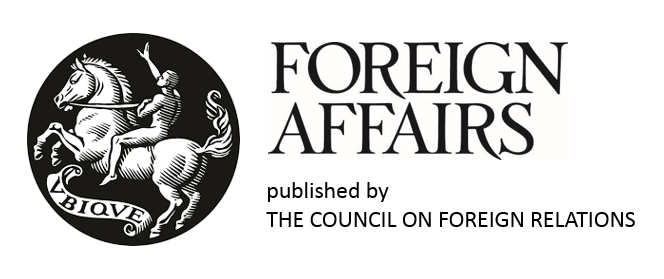The uproar surrounding the entrance of Jörg Haider's right-wing Freedom Party into Austria's coalition government illustrates how a discredited past can prove an erroneous guide to present political behavior. In Haider's case, the politics of guilt -- portraying his popularity as the result of his appeal to neo-Nazi sentiments -- obscures the real reasons for his rise. Whatever Haider's supporters may feel about his much-publicized 1991 comment praising Third Reich labor policies -- which he subsequently disavowed and apologized for -- and however crude his anti-immigrant rhetoric, Haider owes much of his success to the widespread disillusionment with the Austrian political establishment. Austria's two major parties, the Socialists and the People's Party, ruled in a "grand coalition" from 1945 to 1966 and again from 1986 to 1999, shamelessly dividing the spoils of jobs and contracts in a still heavily state-dominated economy.
Imagine if U.S. Democrats and Republicans decided to share power -- with one party's leader as president, the other's as vice president, and a completely mixed cabinet -- and then resisted all demands for reform. In such a scenario, a resentment-fueled third-party challenger, a self-described reformer, might shoot up in the polls. This is precisely what happened in Austria.
The European Union has failed to acknowledge that Haider skillfully plays on legitimate discontent, along with xenophobia. This has allowed the EU's 14 other governments to claim the moral high ground as they cut off high-level contacts with Austria. Austria's neighbors have remained unrelenting, even after Haider resigned as the leader of his party. They object to the Freedom Party's participation in the Austrian government, regardless of Haider's title (he remains governor of Carinthia). The EU's rationale is that it must send a clear signal to far-right parties that they have no place in member governments. But even if one accepts this logic, the organization's actions remain highly problematic. There is no indication that the EU has considered what will happen if it fails to achieve the all-or-nothing goal of bringing down the current Austrian government. And it seems far from ready to concede that it has caricatured the real origins of Austria's political crisis...









